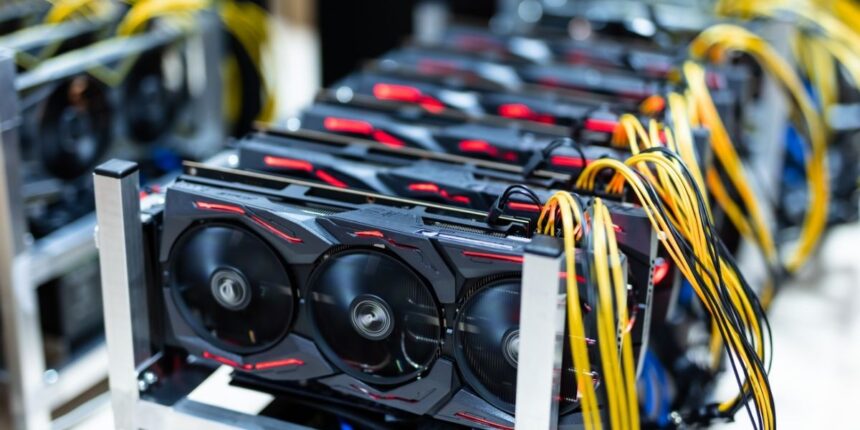Reports indicate that global tariffs imposed on the United States are driving up the costs of Bitcoin  $118,294 mining hardware. The new regulations may impact prices for essential equipment such as ASIC devices, electronic hardware, and network infrastructure. This development necessitates that miners reorganize their operations to cope with the rising expenses.
$118,294 mining hardware. The new regulations may impact prices for essential equipment such as ASIC devices, electronic hardware, and network infrastructure. This development necessitates that miners reorganize their operations to cope with the rising expenses.
Tariffs and Bitcoin Mining
The tariffs implemented by the U.S. government are pushing miners to expedite their operations for timely deliveries from Southeast Asia. Some companies are reportedly renting planes at significantly higher costs to accelerate imports. While a 90-day tariff hold on products from China may not make much sense, we could see increased orders from other countries or a strengthening of Bitcoin mining in regions like Iran and Russia, where mining device costs are more favorable compared to the U.S. How will Trump respond to this situation?
Impact on the U.S. Mining Sector
The tariffs directed at the U.S. are expected to raise costs for both domestic production and imported hardware. While manufacturers like Bitmain and MicroBT have shifted their production facilities to Asian countries to avoid tariffs, the cost advantages of U.S. production will still be limited. This scenario may enhance the competitiveness of international miners while potentially slowing down operations in the U.S. Crypto Traders Are Rushing to This App – Here’s Why You Should Too
Luxor COO Ethan Vera stated that miners are unable to move their orders in a timely manner.
Luxor COO Ethan Vera: “Miners have to take urgent measures to expedite their operations.”
Additionally, Synteq Digital CEO Taras Kulyk indicated that the cost advantages of domestically produced hardware will be limited compared to imported products.
Synteq Digital CEO Taras Kulyk: “U.S. production will not provide significant cost reductions compared to imports.”
After the tariffs were enacted, a shift in international demand for mining hardware is expected. Some emerging markets are being evaluated as alternative regions for hash rate growth. Price increases could boost the value of existing facilities and lead to new investments in alternative markets.
While the U.S. plays a crucial role in the global hash rate increase for Bitcoin mining, it can be argued that the implementation of tariffs may slow this growth. Other countries may seize opportunities to source hardware at lower costs to gain a competitive edge. This situation could contribute to the development of global mining markets, which can be both constraining and insufficient.
Given the uncertain duration of the tariff implementations, industry players are taking short-term measures to sustain their operations. International mobility in the mining sector may redirect attention to markets outside the U.S., potentially creating disparities in global equipment distribution.


 Türkçe
Türkçe Español
Español









